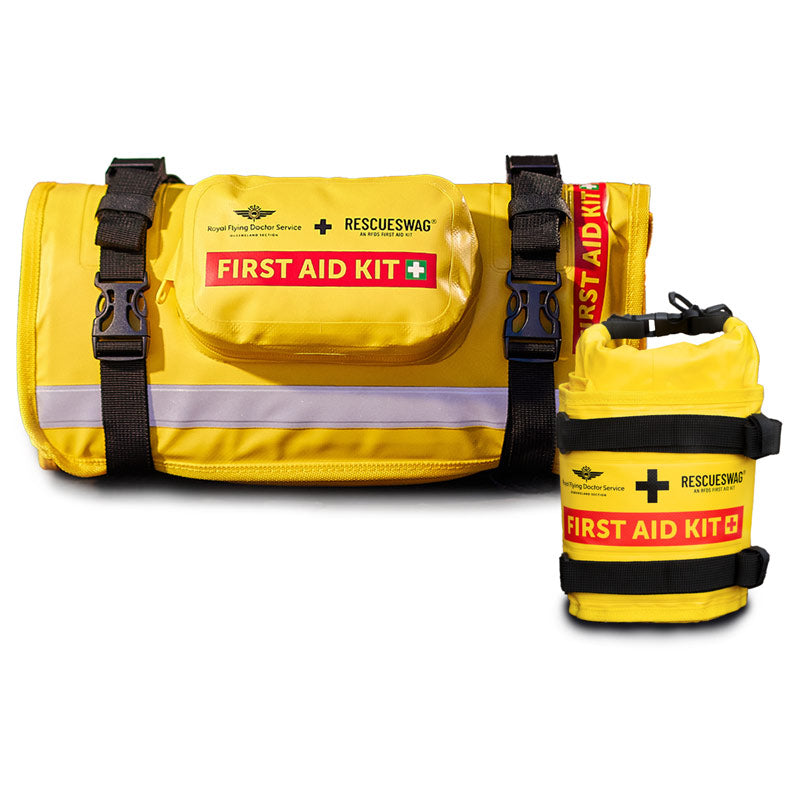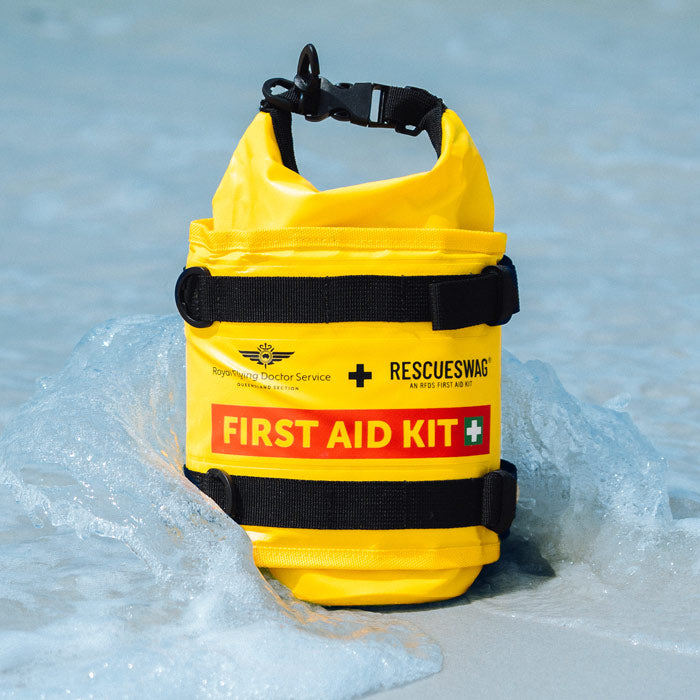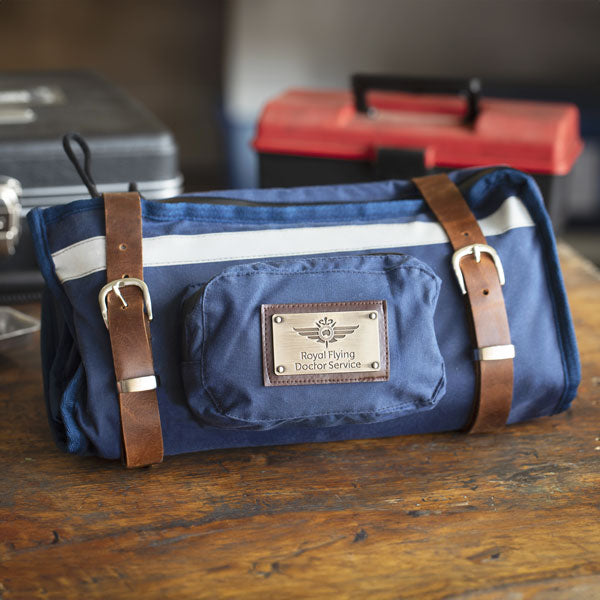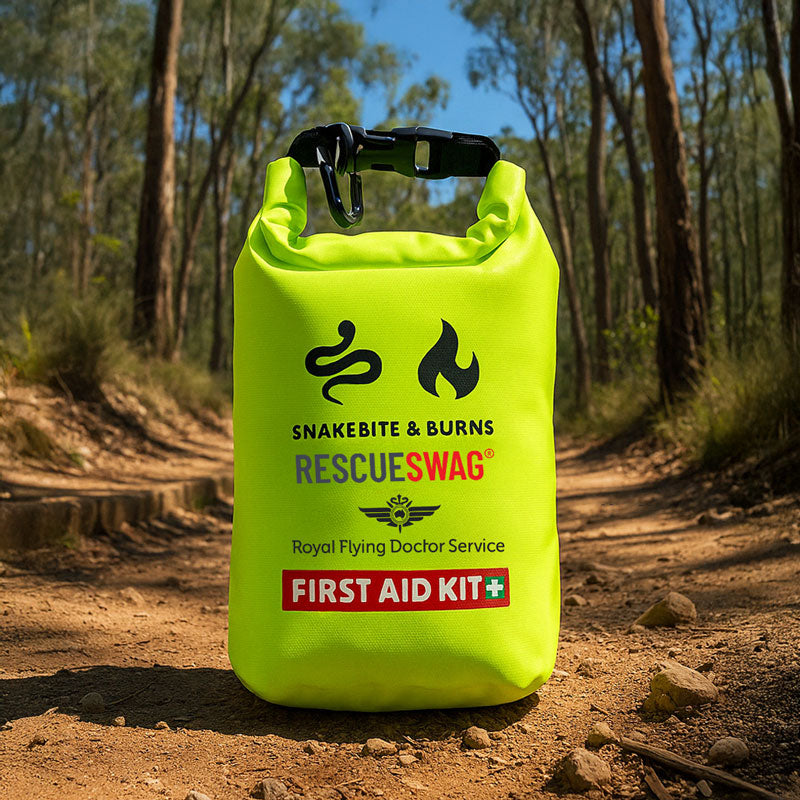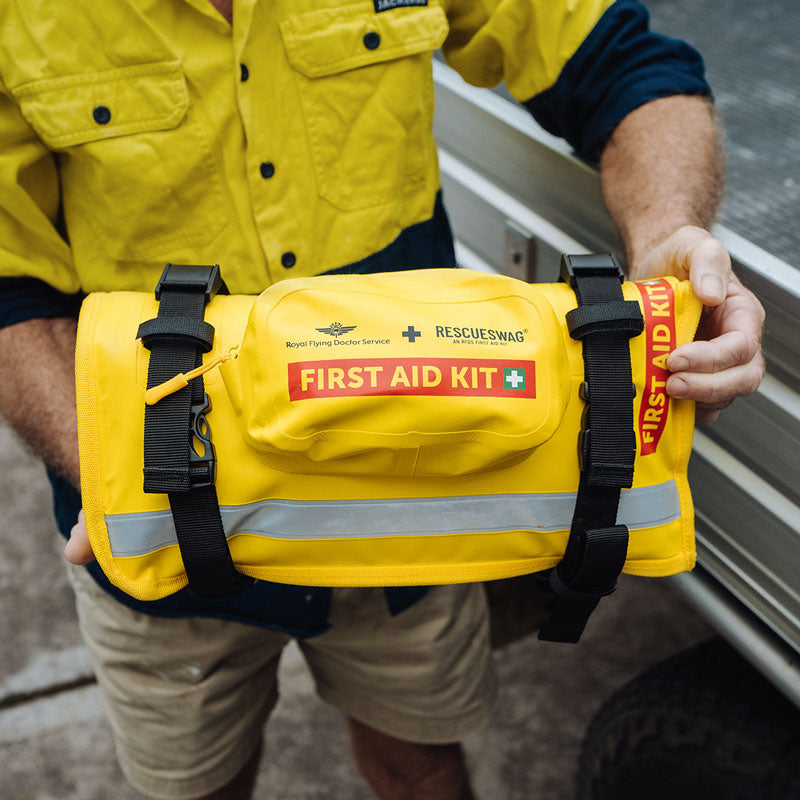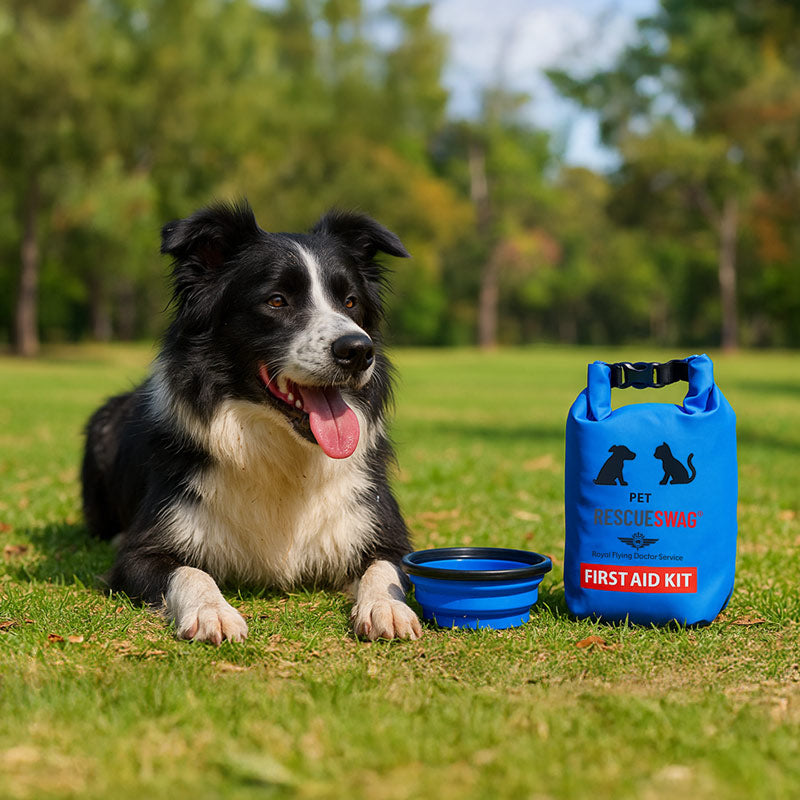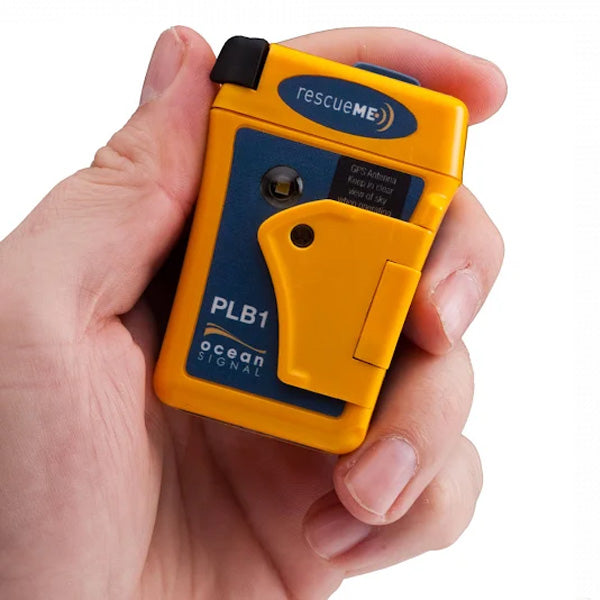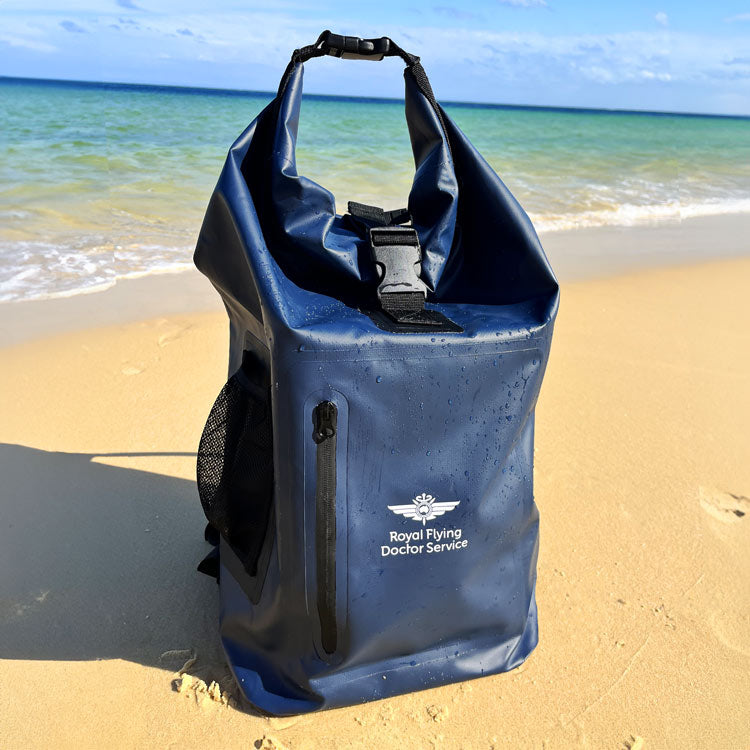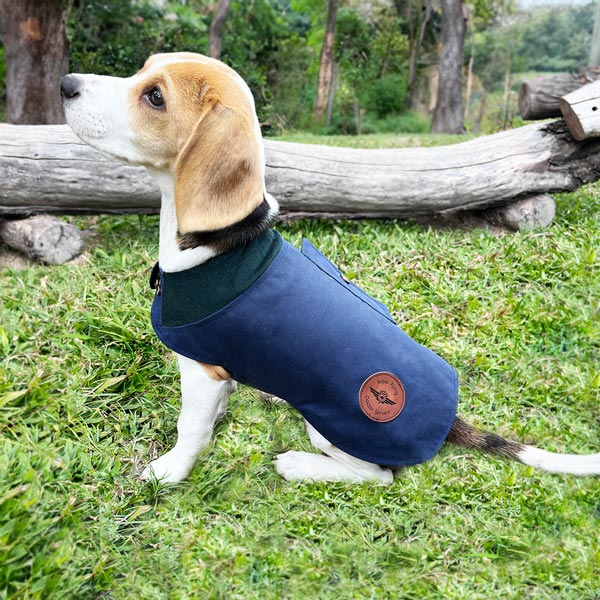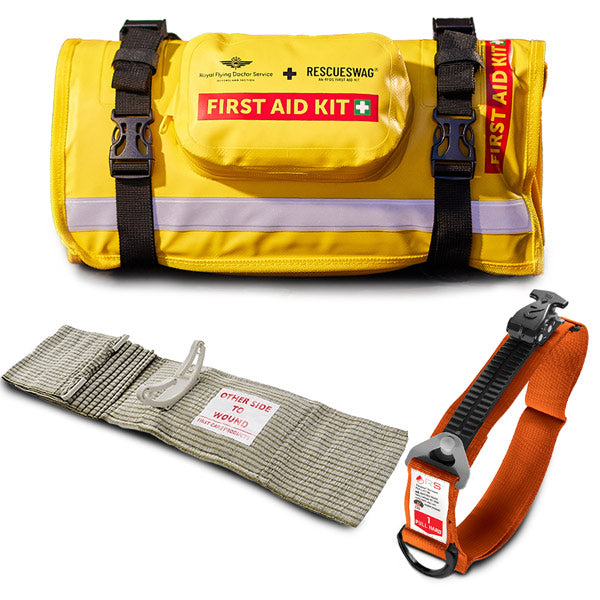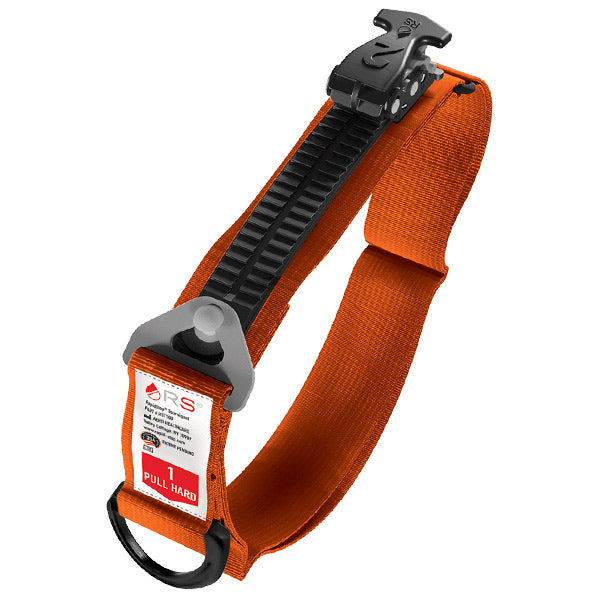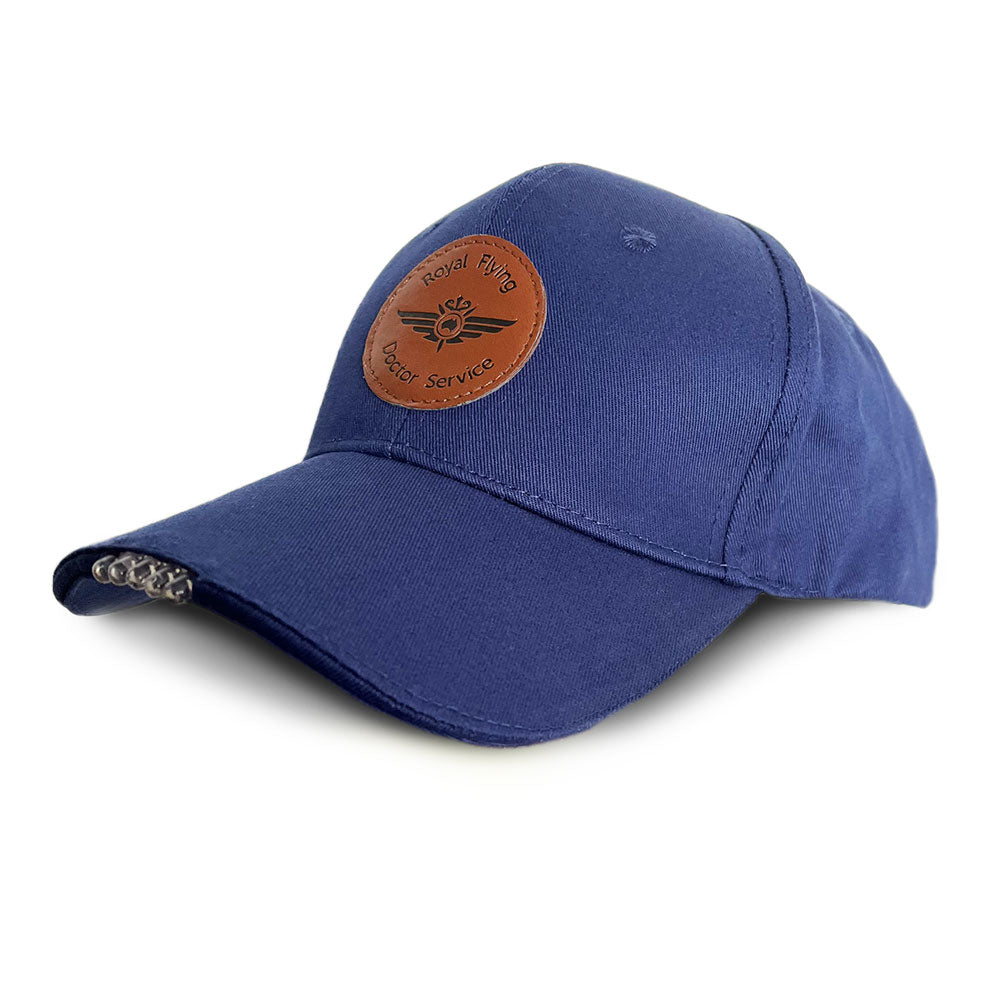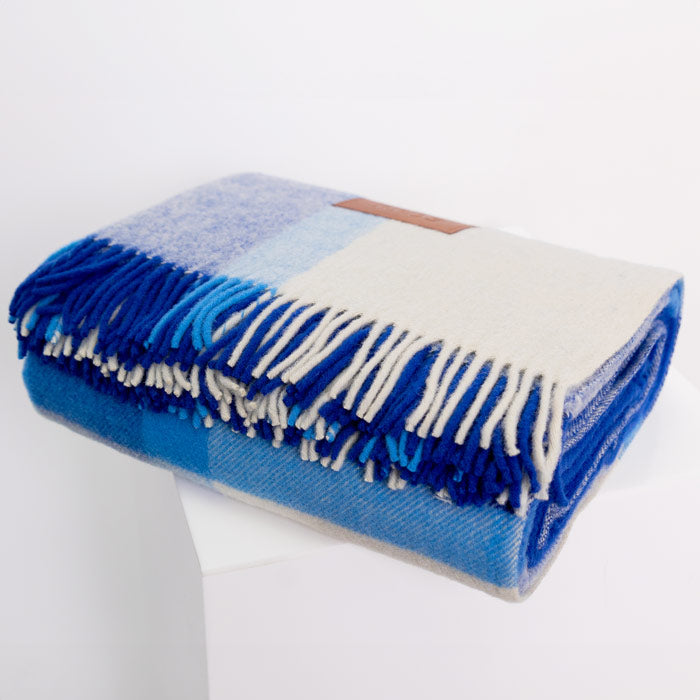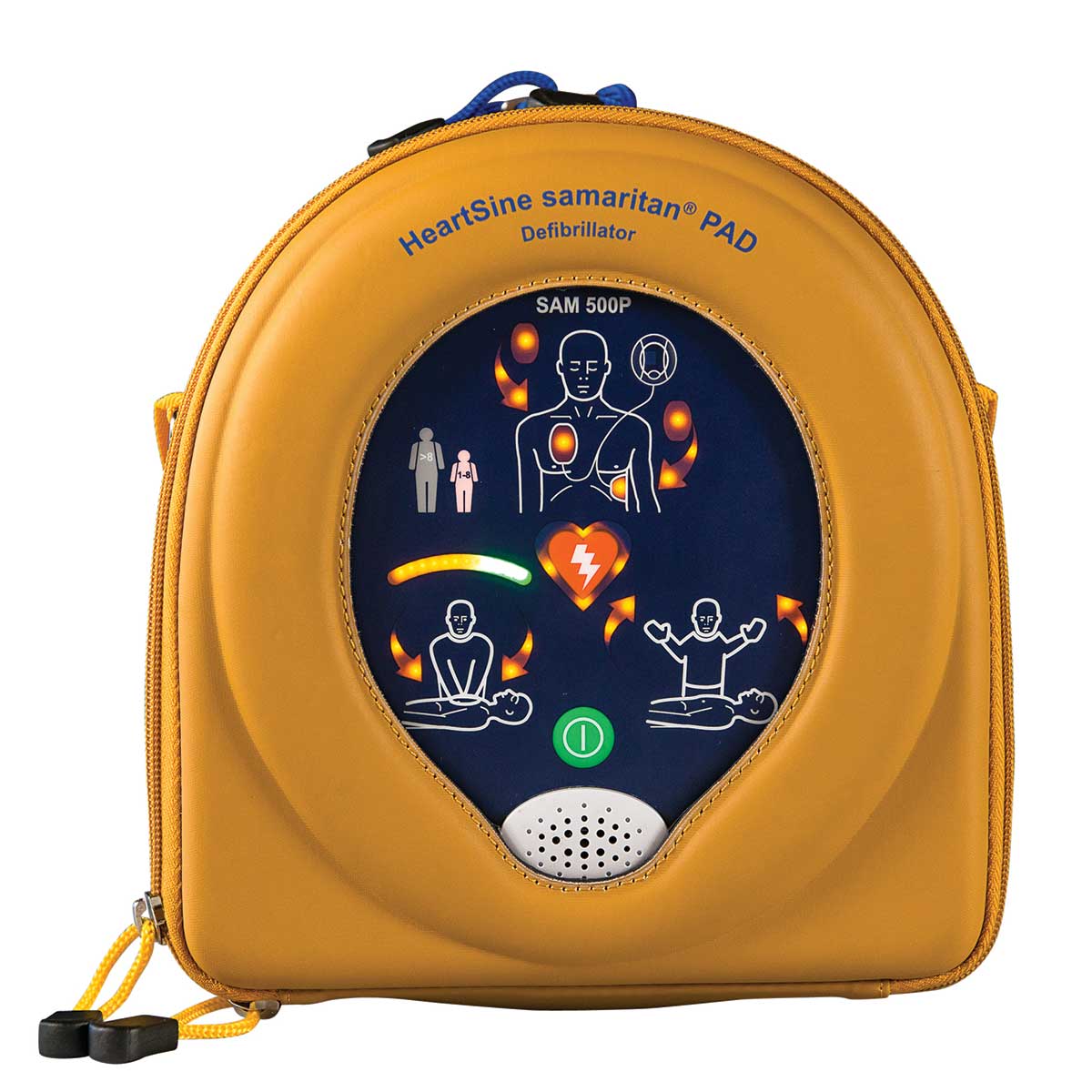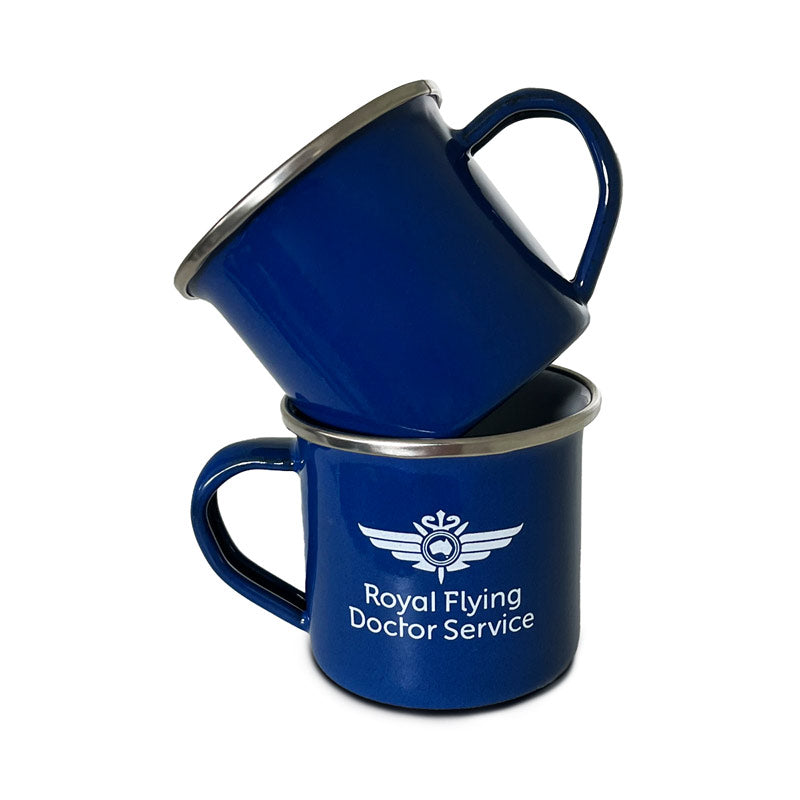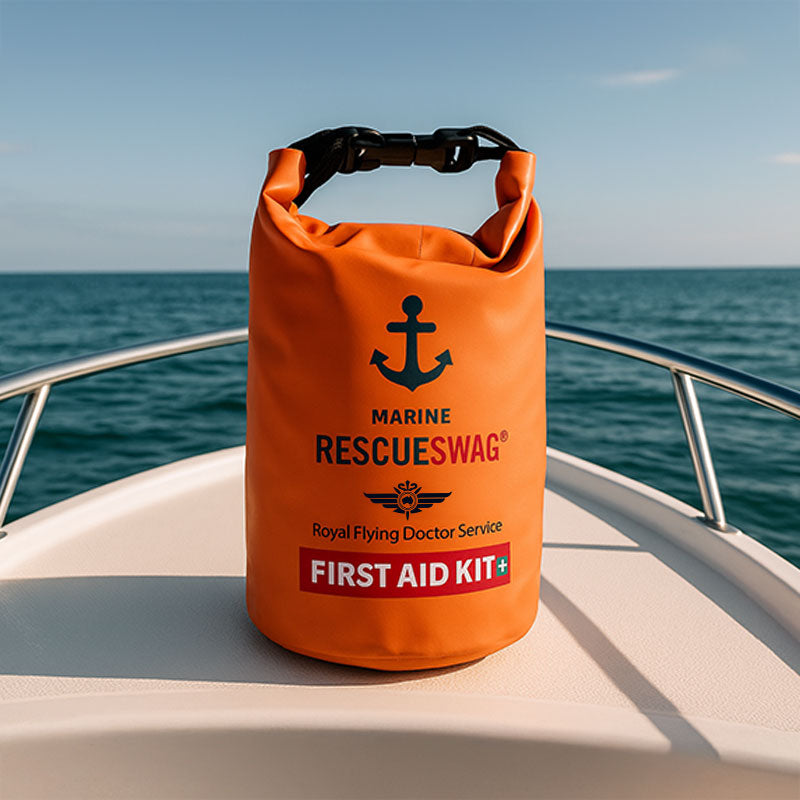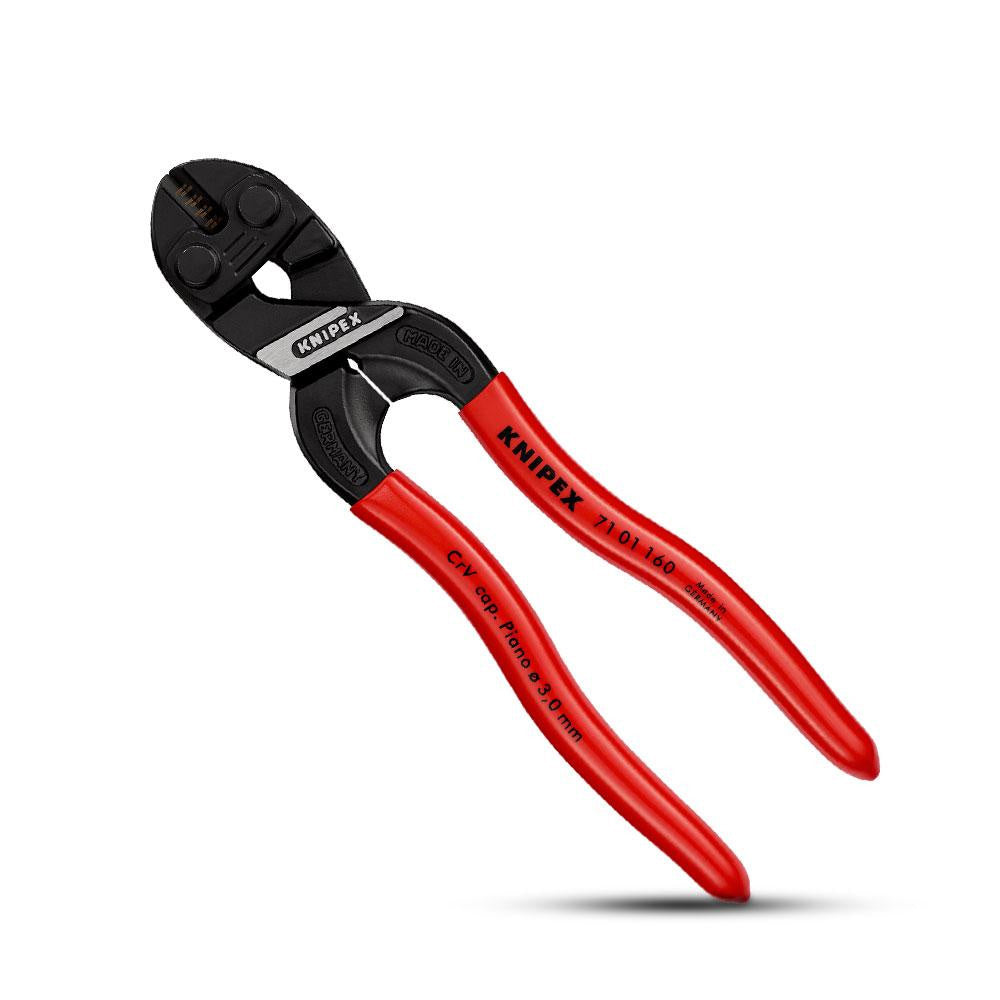As winter sets in, grey nomads are gearing-up their RVs to head north and spend a few months on-the-road exploring Australia’s hidden gems.
Whether it’s planning for a drive along the coastline or inland to witness the outback, it’s important to ensure you are well prepared for life in a caravan or camper trailer. Before setting off, check out these grey nomad travel tips to keep you safe.
Plan your rest stops
It’s recommended that a driver takes a break from the wheel every two hours, even if they don’t feel like it at the time. To make the trip more enjoyable and to avoid fatigue, break it up by swapping drivers. There are plenty of clearly signed rest areas available across the country where drivers can pull over, stretch their legs and rest. Grey nomads recommend making the most of rest stops by visiting a local bakery, tourist destination or lookout. It’s a great way to sightsee throughout your journey and capture photos for memories.
Tune in with a UHF radio
The best way to communicate with other motorists on the road is through a UHF radio. It’s a valuable accessory for grey nomads offering two-way communication with road trains, truck drivers and other grey nomads who may be towing. When towing a caravan/camper trailer it helps to be aware of any road incidents, roadworks, or wide loads which you may be approaching. It’s also a form of communication you can have when you are out of phone reception in an emergency. It’s recommended to travel with a satellite phone if you are going remote.
Windscreen cleaner
Depending on how tolerant you are as a driver or passenger, staring at squished bugs and dust on your windscreen can quickly become distracting. It’s recommended to store a cloth and windscreen cleaner somewhere in the front of your vehicle to quickly clean any debris which might obstruct your vision.
Fuel up
Whatever you do, don’t assume that every town will have a fuel station. Planning your fuel stops is key on long-haul road trips, especially in the outback. To avoid a breakdown, top up your tank when you can and carry extra emergency fuel when travelling off-grid. It pays to pre-plan where you are going to fill your tank.
Medication
If you regularly take prescribed medications, make sure you have enough packed to last your trip, as you may not have access to these on-the-road. Travelling in the outback can be challenging with some hospitals being hundreds of kms away. It’s best to not take any risks and pre-plan your meds.
Lock up your van
There’s no way to sugarcoat it but crime unfortunately can still happen to those living on the road. No matter where you travel, you should always lock up your vehicle and caravan and never leave any valuables visible to opportunists.
Wildlife crossing
The beauty of travelling around Australia is being able to witness our diverse wildlife. But when you are travelling 100km along an outback road with limited lighting, wildlife crossings are a dangerous hazard. Whether it be kangaroos, foxes or wild pigs you need to be vigilant and drive to the conditions. It’s always recommended to travel with a bull bar on your vehicle when in the outback.
First aid kit
Life on the road can be unpredictable because you never know which adventure you’ll do next. For peace of mind, travel with a reliable first aid kit to keep your family safe in the event of an emergency.
Our Adventurer Rescue Swags are specifically designed to handle the outdoors and contain medical supplies for minor incidents, sprains, snakebites, burns and major injuries. We also offer a smaller kit, the Explorer, for those who enjoy long hikes!


